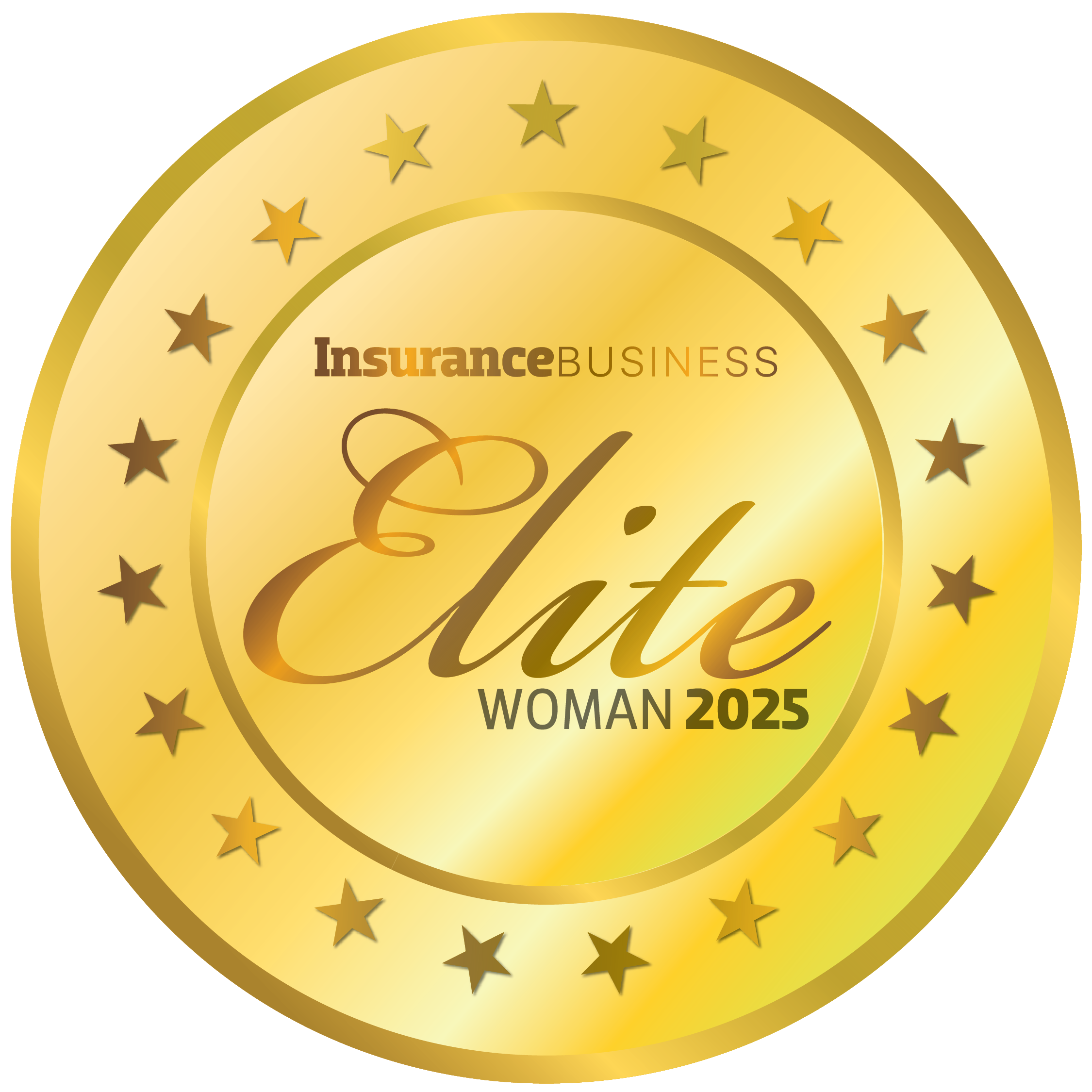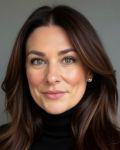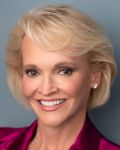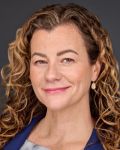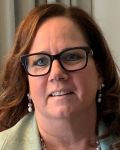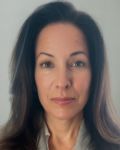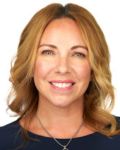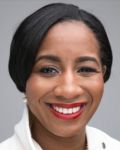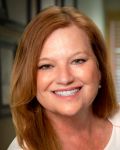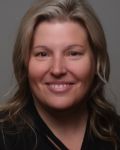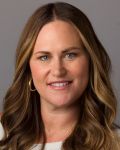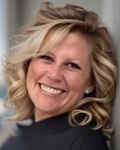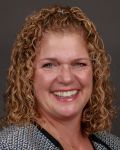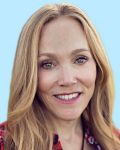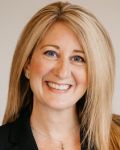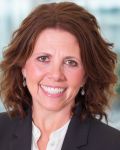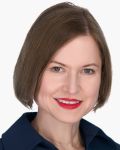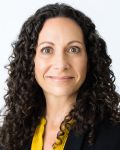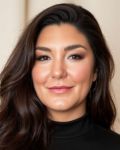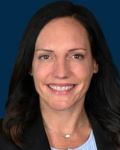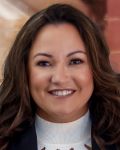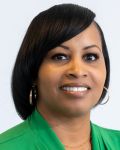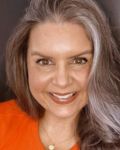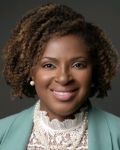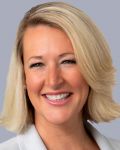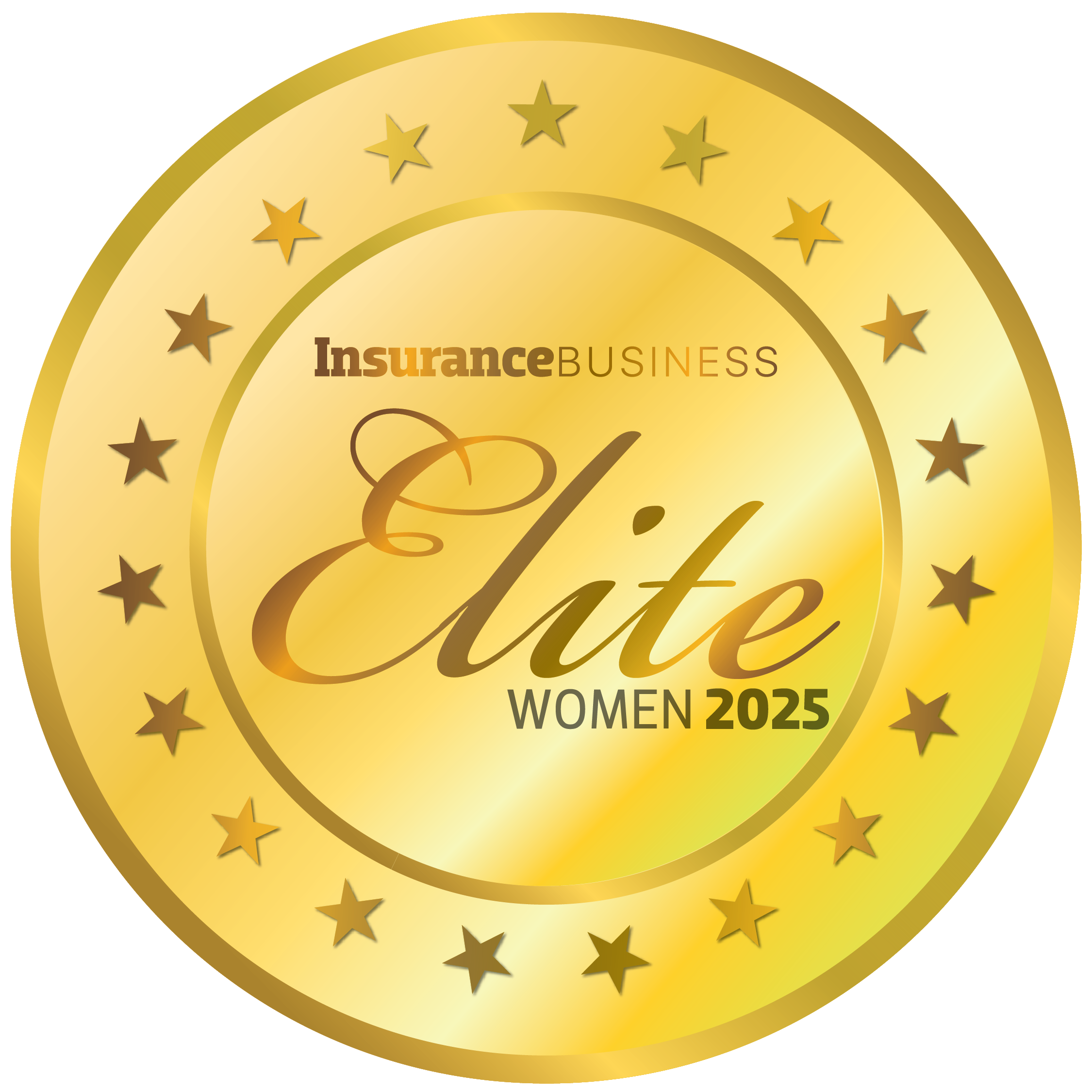
Women Leaders in Insurance in the USA |
Elite Women
Jump to winners | Jump to methodology
Queens of coverage
Women are the powerhouses of America’s insurance industry, numbering 1.7 million and comprising 54.9 percent of the total workforce.
However, this dominance doesn’t extend into leadership roles, which is reflected in Insurance Business America’s Elite Women 2025 survey as 64 percent of respondents feel there is a lack of women leaders in the industry.
Data from the Bureau of Labor Statistics (BLS) confirms that women are the majority of the workforce, apart from those in C-suite positions where they number only 22 percent.
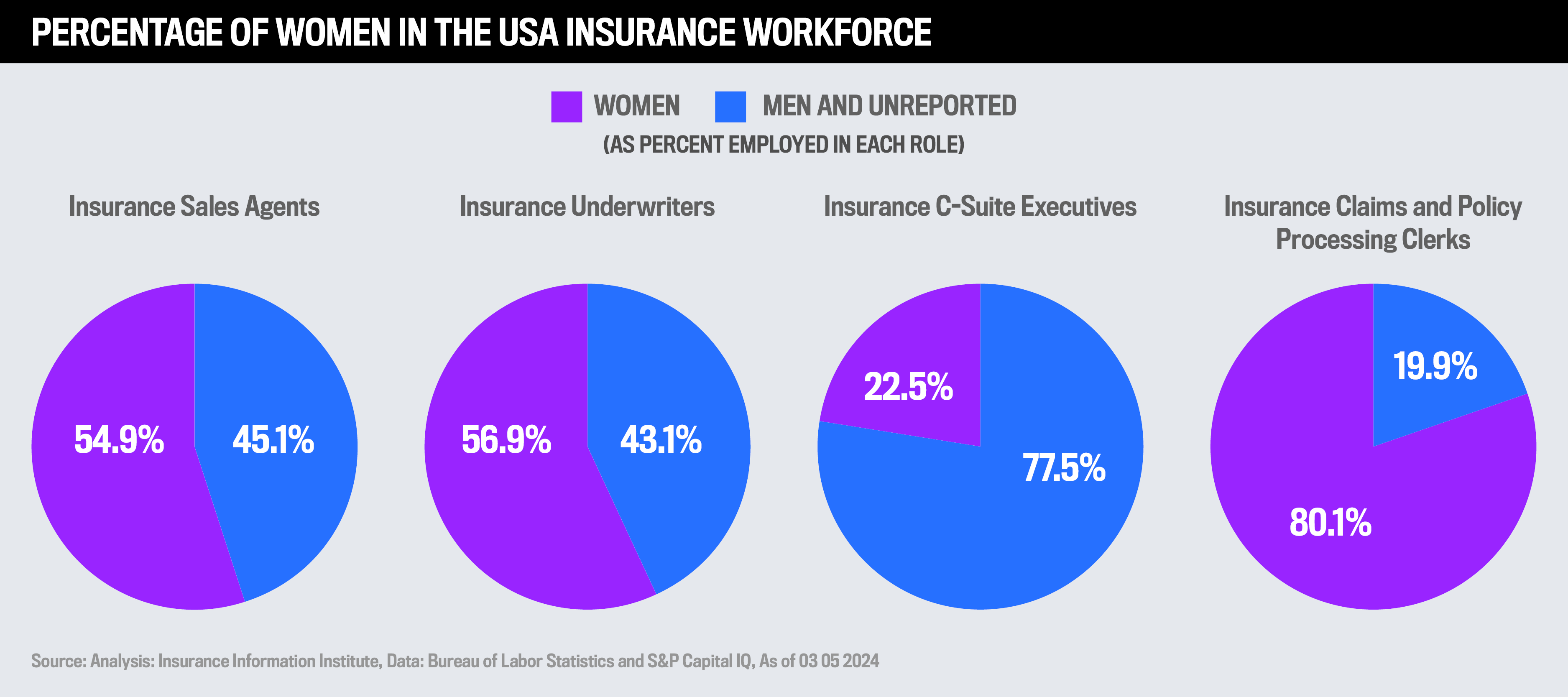

Data from 2010 to 2023 also shows that women have made up the majority of professionals in roles such as claims adjusters, appraisers, examiners, claims/policy processing clerks and underwriters. It differs for sales agents, where women have not always been in the majority but have never dropped below 45.2 percent of the total.
These historical trends make the achievements of IBA’s Elite Women 2025 even more impressive for navigating bias and structural barriers to become successful leaders and executives.
The winners earned their place after their achievements and initiatives over the past 12 months were analyzed by an esteemed judging panel that included:
-
Jessica Hanson Hanna, American Property Casualty Insurance Association
-
Nancy Mellard, Association of Professional Insurance Women
-
Jenna Kirkpatrick Howard, Lockton
-
Joi Blume, GenStar Insurance Services
-
Kathy Quintana, HUB International
-
Jennifer Sharkey, Gallagher
Blume says, “Studies show that when women are at the table and in decision-making positions, the organization fares better overall, especially as far as financially and with so many of our pale, male, and stale colleagues aging out of the industry and retiring, this is a pivotal time.”
Another thing that stood out for Blume was how the Elite Women’s influence goes beyond their workplace.
“The group was talented, and they all seem like high producers within their organizations. We also saw a lot of things like community involvement, volunteerism and people who are well respected, not only in the industry but in their communities,” she says.
For Mellard, what’s impressive was the Elite Women’s dedication to champion others.
“They weren’t focused only on their day-to-day job. With most of them, there was a reference to caring for the team and expecting others to advance.”
She also underlines the biggest strength needed to succeed in the insurance industry.
“Without a doubt, it is empathy and that translates to emotional intelligence. It helps you to understand customers and team members better.”
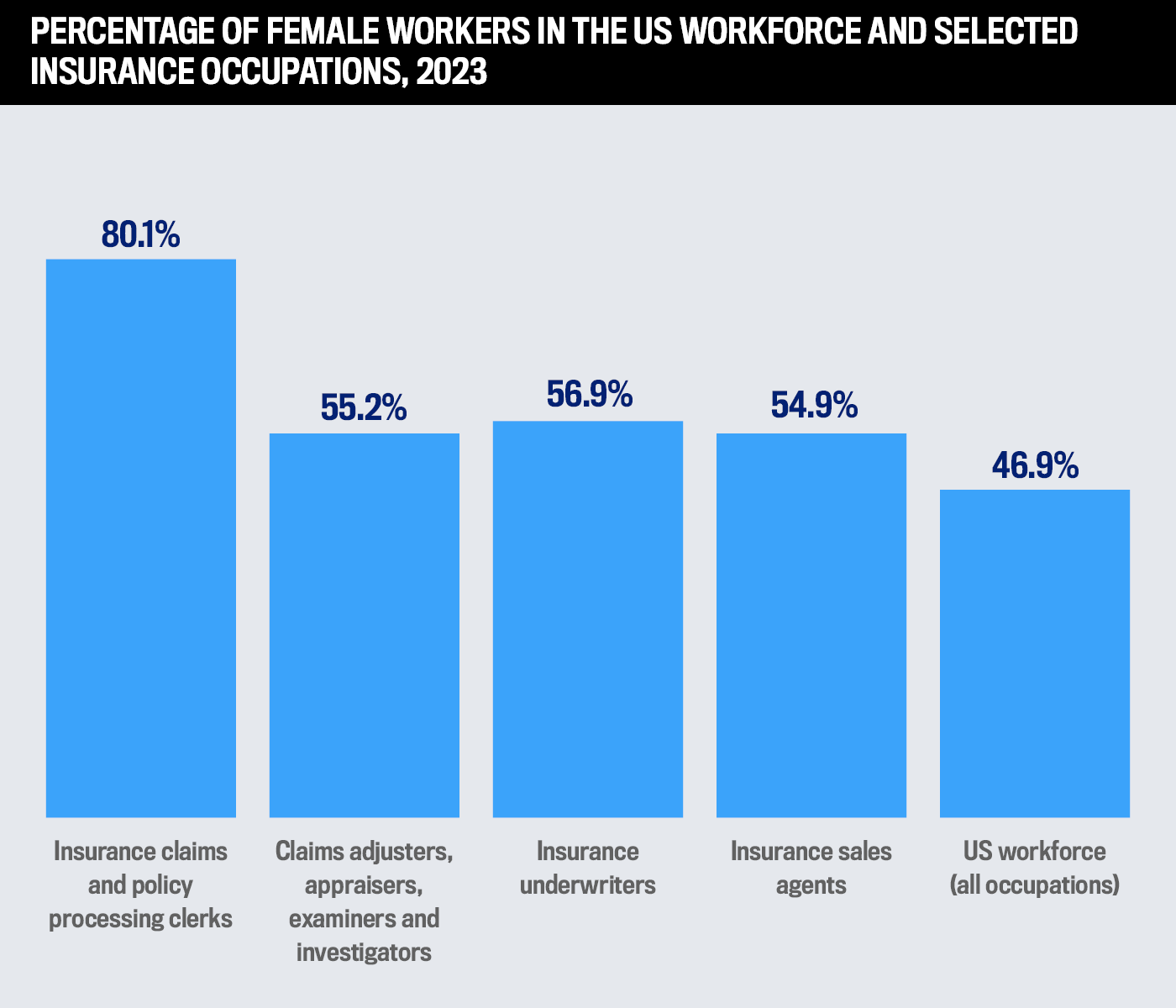
Mindsets of the USA’s women leaders in insurance
Alliant Insurance Service’s Kirsten Handel attributes her success to being strong. After beginning her career in underwriting, she moved on to the actuarial sector and is now client facing.
“Insurance is all I’ve ever done, and I grew up through the ranks, and it hasn’t been easy,” says the senior vice president. “There are always new things to learn, but the core fundamentals remain the same, so being strong helps you get through. I was never the smartest, but I worked hard to learn, understand, and adapt in addition to keeping my relationships and building new ones.”

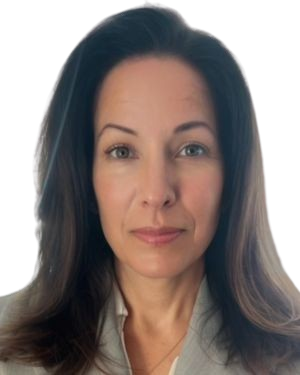
Kristen HandelAlliant Insurance Services
Being resilient is also something Rekha Skantharaja advocates. The CEO of Tangram Insurance refuses to be put in a box and wants to show the industry that women leaders are more than token figures. If asked to an address a subject like work-life balance or self-care, she refuses.
“Whenever I am asked to give a keynote or speak on a panel around these topics, I politely decline to participate,” Skantharaja says. “My male CEO counterparts are not being asked to discuss these things. They are busy exposing their views on M&A and valuation trends, tech transformation and big data, the art of negotiation, and building the next $1-billion unicorn.”
A big part of Skantharaja’s ethos is being courageous as a leader.
She says, “We are at an inflection point for women in this industry and it’s time to lean deeply into the areas that have typically been guarded by the men.”
Adaptability, resilience, and a client-focused mindset have all been key to enabling Catherine Lyle’s rise in the industry.

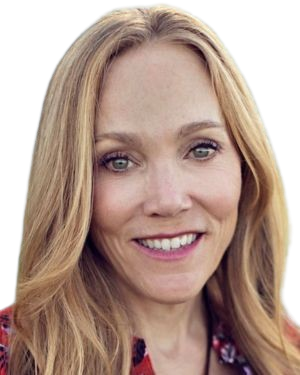
Catherine LyleTokio Marine HCC - Cyber & Professional Lines Group
Now, as senior vice president, and head of cyber claims and incident response at Tokio Marine HCC, she spreads that energy among younger colleagues.
“Thankfully, there are many amazing women within or entering the industry, and this is something I am passionate about,” Lyle says. “I believe in creating opportunities and offering guidance to help them navigate their careers. Mentorship is critical for building confidence, providing perspective, and empowering the next generation of leaders.”
Echoing the need to allow others to showcase their skills underlines the leadership maturity of Risk Placement Services’ (RPS) Sharon Novasel.

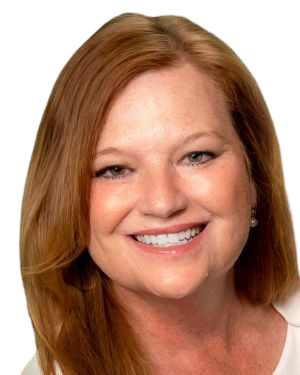
Sharon NovaselRisk Placement Services
“As a manager, I have found that empowering team members to take ownership of their responsibilities and roles has been key to our department’s success in achieving our goals,” she explains.
Being strong and successful also involves understanding the need for personal growth. Refining her leadership style is something Christine Schneider, senior vice president casualty claims at Arch Capital, places a premium on.
She says, “I am aware of my weaknesses and know when I need to consult with colleagues and collaborate in order to efficiently find a resolution or execute on a goal.”
Awareness and understanding how to get the most from themselves is a quality shared among the Elite Women 2025.
“My strongest qualities are my ability to strategically problem solve, analyze situations, weigh risks, and make thoughtful decisions that are in the best interests of our client and/or the organization,” adds Schneider.
Ryan Specialty’s Brenda Austenfeld has carved out a reputation by setting standards.
“My goal is for our team to be the very best, not just in numbers or metrics, but in the way we conduct ourselves and the level of excellence we set.”
It’s been under a year since Stephanie Peters took on the role of vice president of client relations at RPS.

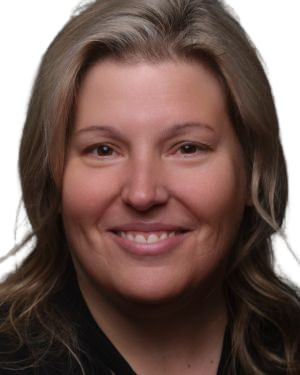
Stephanie PetersRisk Placement Services
She has dealt with the challenge of increased responsibility of managing a team and has introduced new ways of operating.
“I was previously in a position where I was comfortable and stepped into a role that required me to adapt and embrace change. I am proud of how I handled the transition, and I am particularly proud of the support of my team and how the team embraced the changes.”
Trying times
Resilience and determination mark out the Elite Women 2025, as they have had to come through challenging circumstances directly or battle structural bias.
IBA’s survey data shows that 33 percent of respondents believe they would have achieved more seniority if they weren’t female.
Sharon Novasel relishes working at RPS, where there is a strong focus on diversity and equity in the workplace, as she’s experienced the other side. Her career began during a time when women seldom occupied high-level positions.
She says, “I often wasn’t taken seriously, sometimes mistaken for the manager’s assistant, and was frequently dismissed and talked over in meetings. For example, when interviewing an agency for an appointment, I was frequently asked when my supervisor would make the decision, even though the decision was mine to make.”
Similarly, Lyle can sympathize with not being shown the same respect as her male counterparts.
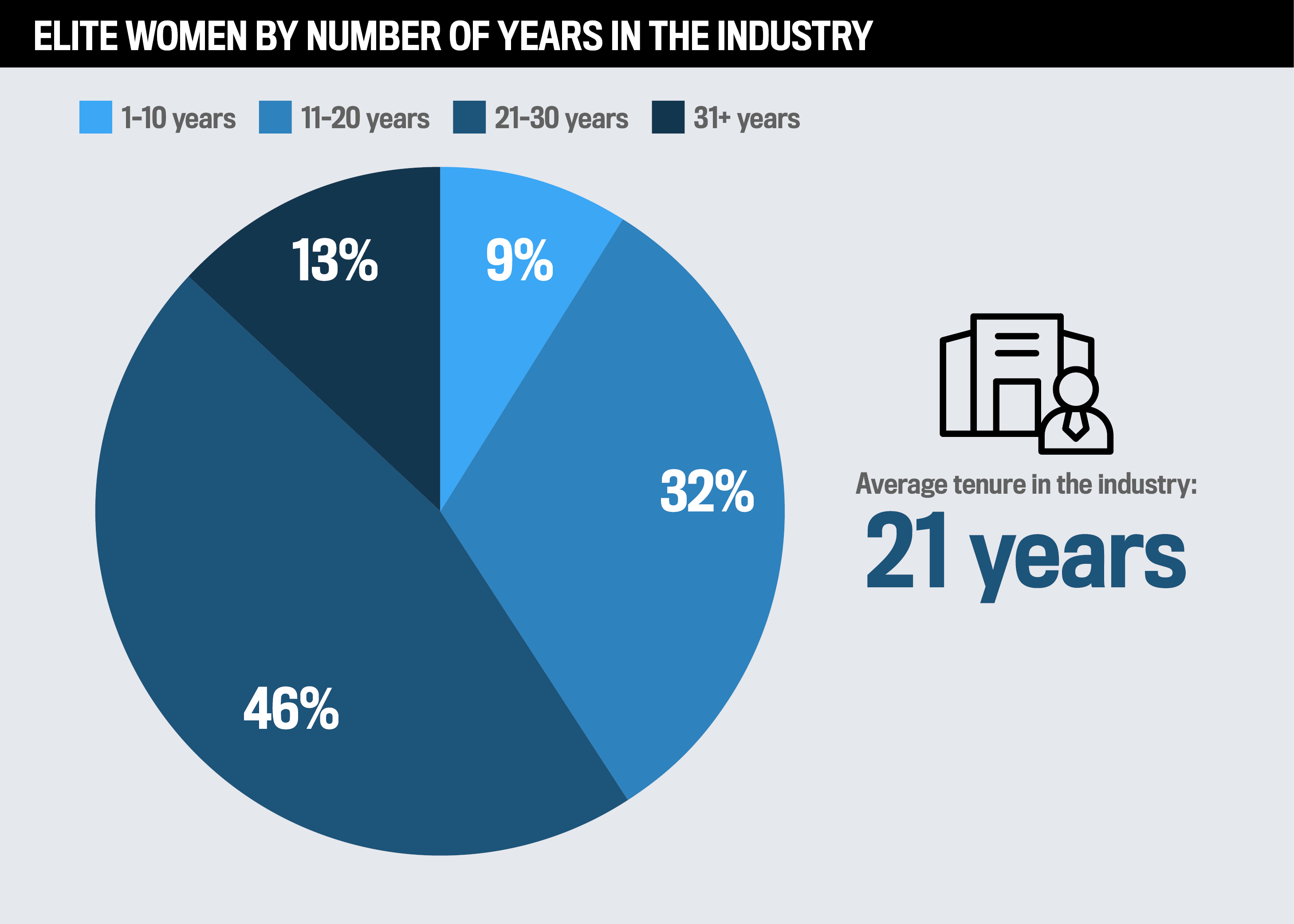
“I would love to say that there were no roadblocks and that everyone was supportive of a woman with a voice. However, that was not the path,” she says. “One of the biggest challenges has been overcoming unconscious biases. Early in my career, I had to work hard to ensure my voice was heard in rooms where women were underrepresented. These challenges also fueled my drive to excel and create pathways for other women in the industry.”
IBA Elite Women 2025 judge Mellard acknowledges there are fewer barriers for women than there have been historically. To continue this trend, she feels women have to be more emphatic about their abilities.
Mellard says, “There is greater acceptance of broader skill sets that women bring, but barriers still exist because too often companies are rewarding those who they know as opposed to who you are. I don’t think today it’s because you’re a woman as opposed to a white man, but I do think the barrier is women need to do a better job to intentionally and confidently explain their array of skills.”
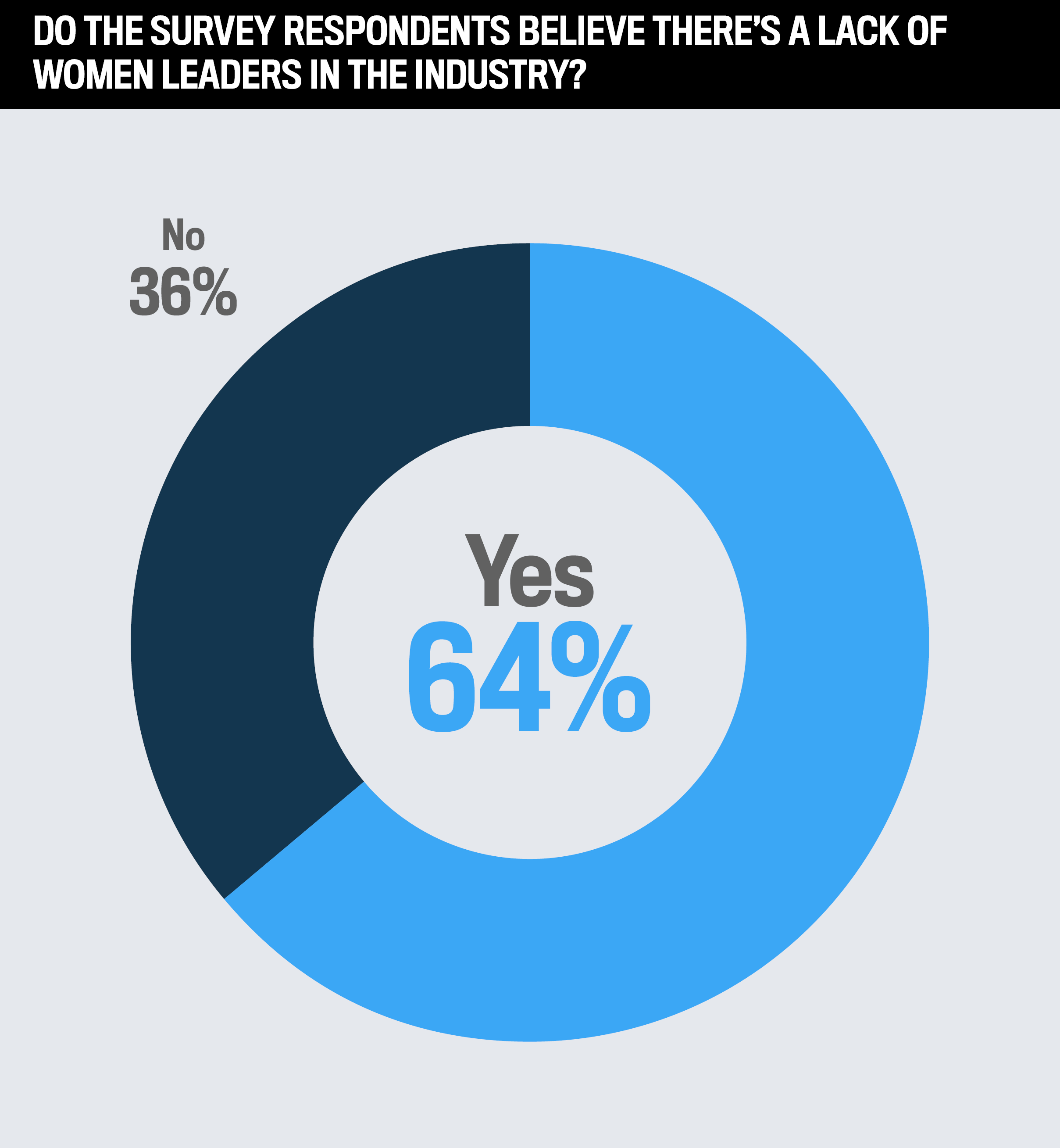
Another of 2025’s Elite Women resonates with Nadia Hoyte, cyber national practice leader at USI Insurance Services. She recalls being “second and third guessed” and then attaching a meaning to that which chipped away at her confidence, before she understood where these perspectives come from.
IBA judge Blume is pleased to see how women leaders are breaking through and emphasizes how important it is to keep the momentum.
She adds, “We’re really at a crossroads, and I think we need more of our white male counterparts to become allies and take a true interest in our success, to see us not just as competition, but an equally powerful force.”
Women leaders in insurance act as mentors
What is evident from the Elite Women cohort is how willing and able they are to guide others. They create time in their schedules to ensure they can support, educate and upskill the next generation of insurance professionals, particularly younger women.
Alliant’s Handel has seen impressive growth figures in her region over the past 12 months, which wouldn’t have happened without her team.
“I’m very proud to be a part of hiring and bringing on some new team members but also mentoring a few of them,” she says. “I have people that have helped me from day one, and I still speak with them going back 27 years. I want to be that for the future and pay that forward. The relationships I’ve built and the trust I have garnered with some of our newer people, in addition to maintaining my clients, is probably the thing I’m most proud of.”
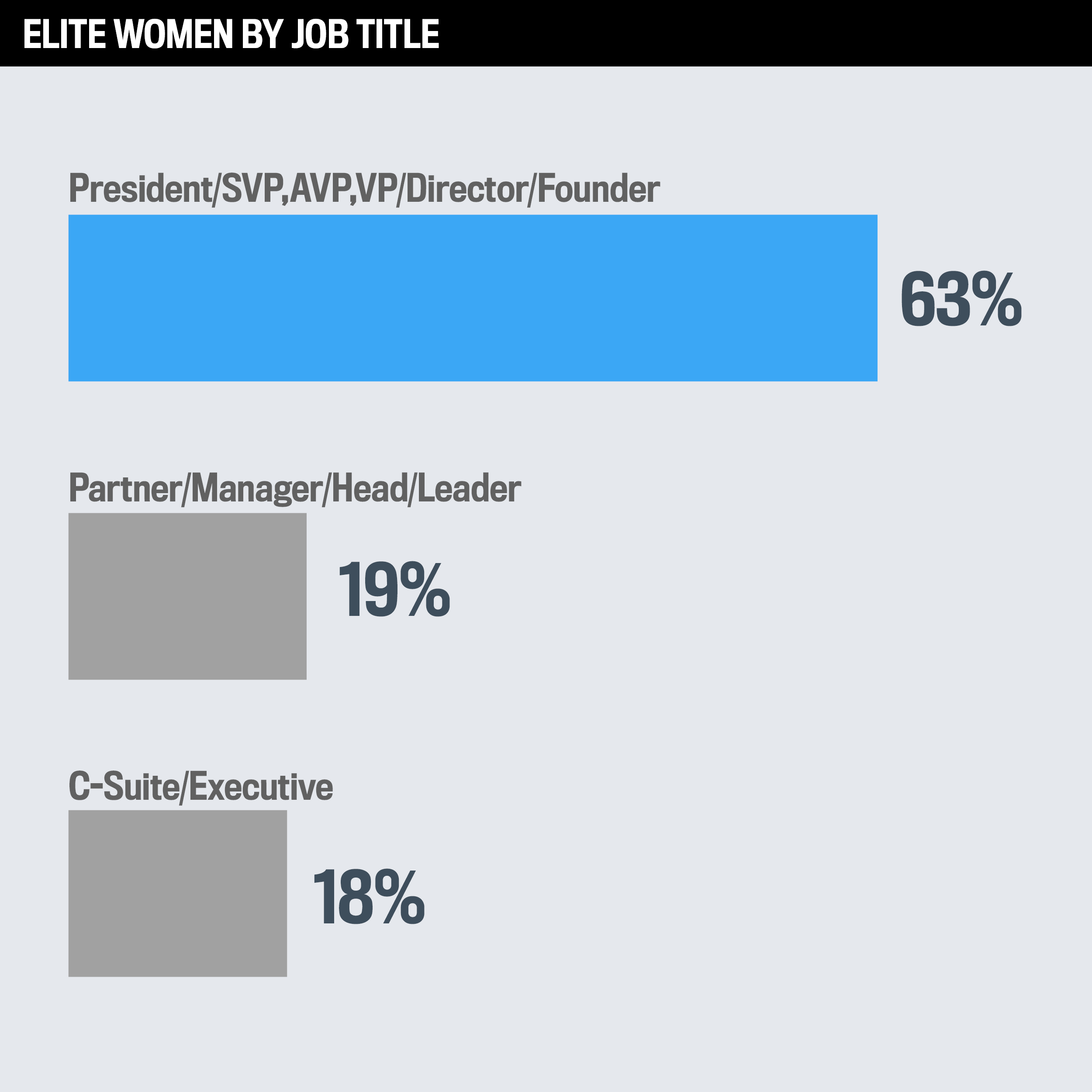
The popularity of video conferencing has also strengthened Handel’s impact.
“It’s actually expanded who you can learn from and who you can mentor because you’re not just with the people within your office. I’m working with people in Florida, Atlanta, California, Boston, and meeting all these people that I never really would have worked with closely.”
Lyle is another who is passionate about being there for the “many amazing women” entering the industry.
“I believe in creating opportunities and offering guidance to help them navigate their careers. Mentorship is critical for building confidence, providing perspective, and empowering the next generation of leaders,” she says.
Another who is active in ushering the next generation through is Novasel.
She says, “As a mentor to many women in entry-level positions, I offer guidance and encourage them to challenge themselves, building their confidence and assertiveness, and fostering an equal playing field for everyone.”
Legacy of 2025's Elite Women
Another defining mark of this year’s cohort is leaving a lasting impact. Despite being a minority in the C-suite, the winners are able to implement strategies that affect not only their organizations but the wider insurance industry.
For Skantharaja, it’s instilling a culture of achievement.
“My approach to my career and my life is to be grateful but always a little restless. You should leave things better than you found them and raise the bar," she says.
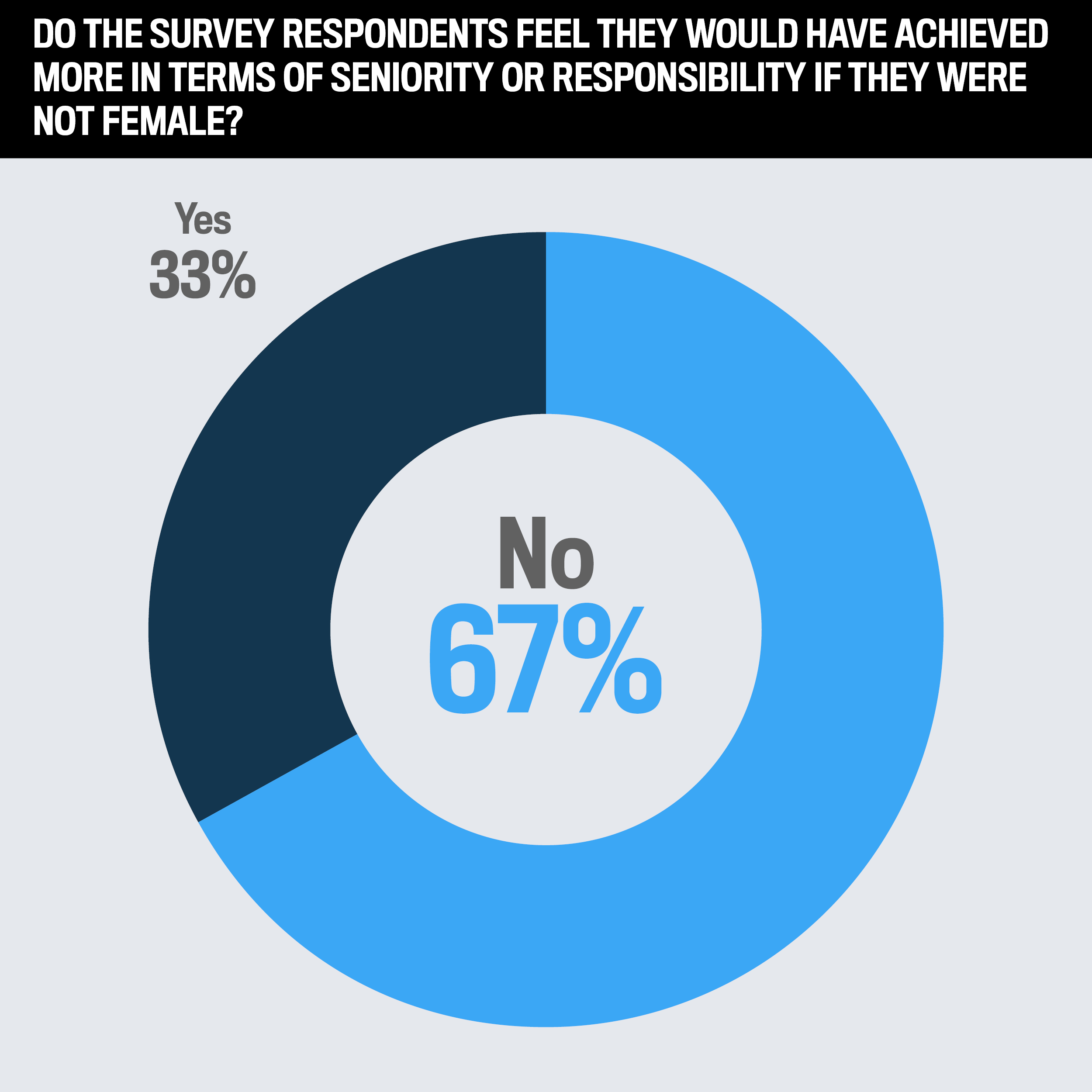
Risk Placement Services’ Karen McCarthy-Hawn promotes the need to be guided by “an ethical or moral compass”.
The claim advocacy manager does this by creating a collegial culture.
“Most of the obstacles can be overcome with collaboration and a willingness to implement the change needed to remove the barriers to success,” she says. “When I present any obstacles discovered in the claims or systems work product, I always expect to be an active participant in helping find solutions or to provide training to change future outcomes.”
Despite advancements in team building, along with tech tools and AI, there is still a need to roll up the sleeves and work hard. Handel is living proof and credits her success to never losing sight of that.
She comments, “Grit is still important. I don’t think there’s any magic pill or method that takes that away. You still have to work hard and stay with it.”
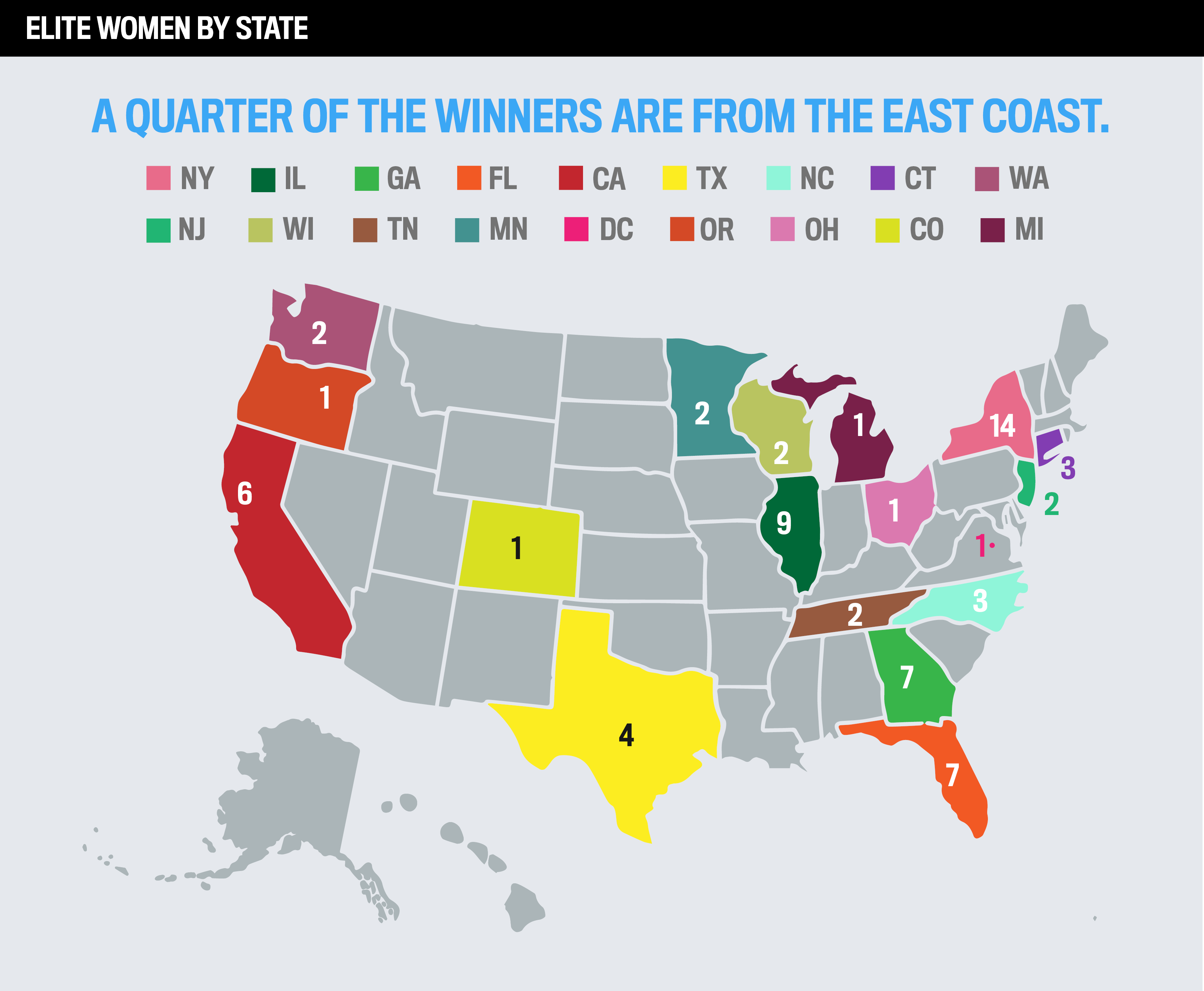
Women Leaders in Insurance in the USA |
Elite Women
- Alison Wynne
Senior Vice President, Aviation Practice Leader
Brown & Brown - Amy Carnahan
Senior Vice President
Gallagher - Andrea Ash
Chief Operating Officer, Natural Resources
CAC Group - Angela Dybdahl Oroian
President
Society of Environmental Insurance Professionals (SEIP) - Angela Taylor
Partner Strategist, Life Insurance Business Development
TruStage - Annett K. Hoak
Owner/Broker
Focus Benefits and Insurance Solutions - Beth Diamond
Group Chief Claims and Litigation Officer
Beazley - Beth Marsh
Manager of Personal Lines Underwriting Operations
COUNTRY Financial - Bethany Theisen
Client Advocate/Property Team Leader
WTW - Brittany Stahl
Managing Partner
Higginbotham - Candace Funsch
Broker
CRC Group - Catherine (Seto) Marincel
SVP, Executive and Professional Lines
Berkshire Hathaway - Danielle Lenzi
Vice President, Head of Risk Management and Insurance
Rudin Management - Erica Rangel
Manager, Professional Liability
Burns & Wilcox - Jamie Neumann
Vice President, Multinational Practice Broker Leader
Brown & Brown - Jasmine James
Senior Product Specialist Technical Underwriting Regulatory Affairs
Zurich North America - Kara MacDonald
SV, Managing Director - Middle Market
Lockton - Karen Stuttman
Senior Vice President, Liability Claims
AmTrust Financial Services - Karin Venegas
Managing Director/Regional Sales Director/Practice Leader - Real Estate, Healthcare
Higginbotham - Kathleen Tierney
President
Berkley One, The Berkley Corporation - Kim McBee
Senior VP, Specialty Lines Sales Leader
Foundation Risk Partners - Kimberly Jenis
Chief Financial Officer
Brown & Brown - Krista Scott
AVP, Territory Leader
Zurich North America - Kym Clevenger
Principal
Oakbridge Insurance - Liz Walker
Analytics Solutions Leader, US and Canada
Marsh - Maribel Arias
SVP, Industry Practice Leader Professional and Services, Education, Cultural Institutions and Retail
Chubb - Mary Russell
President Private Client Service
Higginbotham - Meryl Golden
President and CEO
Kingstone Insurance Company - Michele Lamarre
VP, Head of Diversity, Inclusion, and Belonging
QBE - Pamela Wheeler
Chief Diversity and Inclusion Officer
NFP - Ria Thomas
SVP, Head of Cyber Enterprise Resilience
Truist - Sara Kane
Executive Vice President
CAC Group - Shannon Groeber
Chief Executive Officer
CFC - Shantelle Cabir
Senior Vice President, Business Insurance Consultant
Newfront - Shoshanna Simmons
Senior Director of Captive Management
Foxen - Stacy Parker
Managing Director – Financial Services Group, Commercial Risk Solutions
Aon - Stasi Bobo-Ligon
Vice President, Global Relationship Leader
Zurich North America - Susan Johnson
Chief Diversity, Equity and Inclusion Officer
The Hartford - Susanne Figueredo Cook
EVP, Chief Operating Officer, Global Risk Solutions
Liberty Mutual Insurance - Yosha DeLong
Global Head of Cyber
Mosaic Insurance
Insights
-
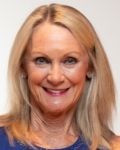 Nancy Mellard
Nancy Mellard
Executive Vice President & General Counsel
CBIZ -
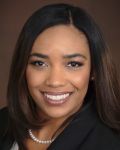 Joi R. Blume
Joi R. Blume
Second Vice President, Underwriting Executive I Property Brokerage
General Star
Methodology
Insurance Business America invited industry professionals from across the US to nominate exceptional female leaders for the annual Elite Women list. Nominators were asked to provide details of their nominee’s achievements and initiatives over the past 12 months, including specific examples of their professional accomplishments and contributions to the industry as a whole.
To select the winners, the IBA team relied on the help of an independent and esteemed panel of judges that included:
-
Jessica Hanson Hanna, American Property Casualty Insurance Association
-
Nancy Mellard, Association of Professional Insurance Women
-
Jenna Kirkpatrick Howard, Lockton
-
Kathy Quintana, HUB International
-
Jennifer Sharkey, Gallagher
-
Joi Blume, GenStar Insurance Services
The judges and the IBA team reviewed all nominations, examining how each individual had made a meaningful contribution to the industry, to whittle down the list to the final 68 Elite Women. Self-voting and voting for relatives were prohibited to avoid conflicts of interest.
Meet the judges
-
Nancy Mellard
Association of Professional Insurance Women
Keep up with the latest news and events
Join our mailing list, it’s free!

